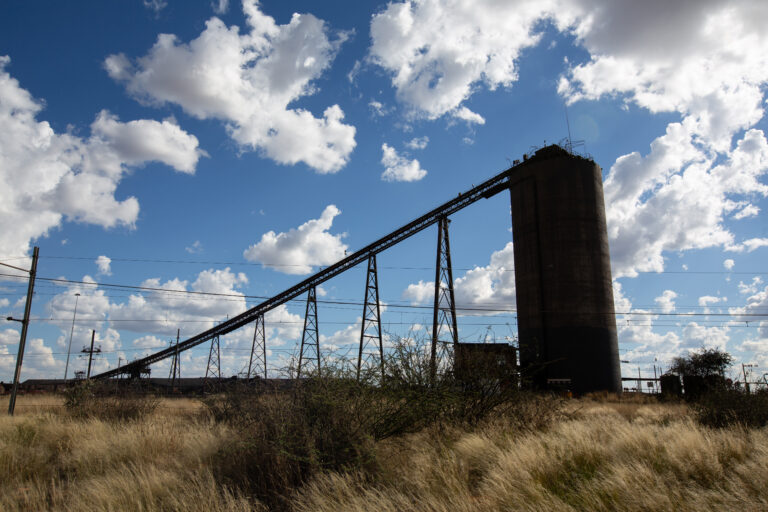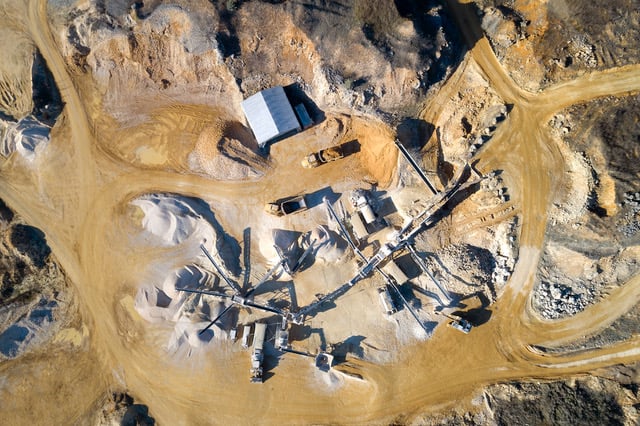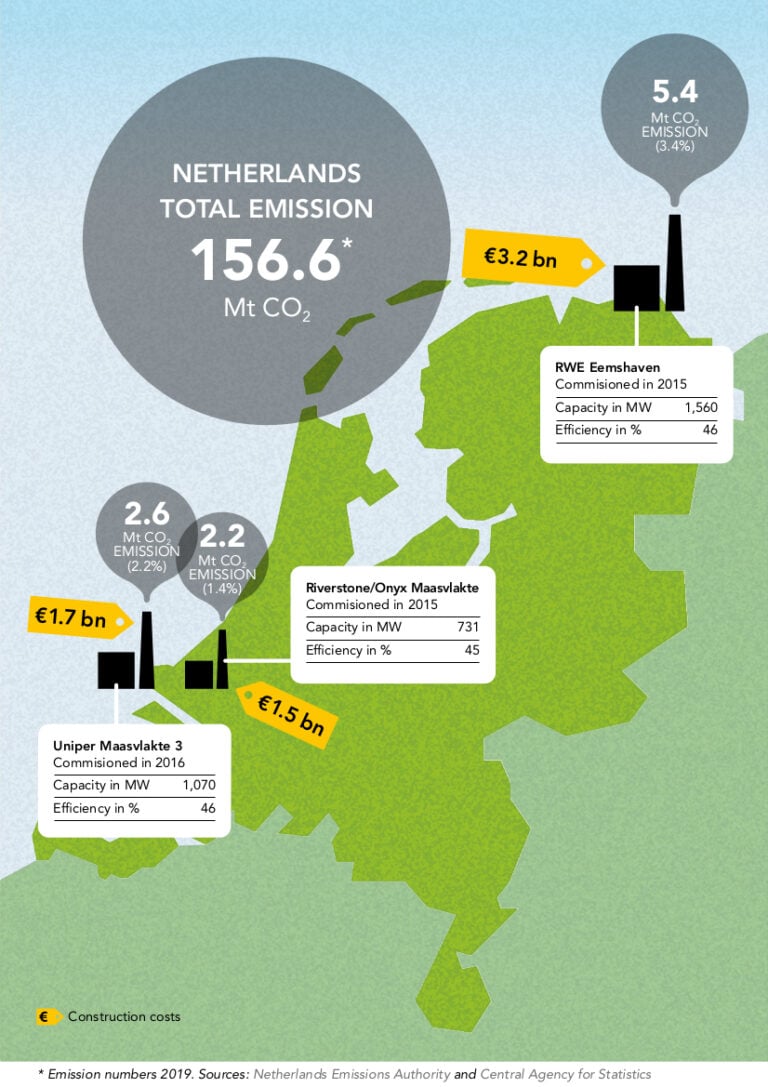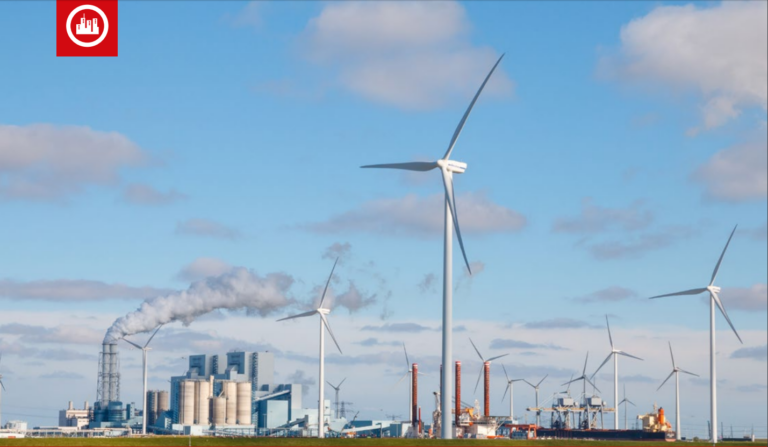
Parcel delivery on a warming planet
The efforts and ambitions of six companies


Parcel delivery vehicles – whether electric or fossil-fuel driven – have become an integral part of city streets all over the world. After the e-commerce sector tripled in size between 2014 and 2019, the Covid-19 pandemic led to a further boom in parcel deliveries in 2020. This increase has resulted in more packages, more vehicles, more local pollution, more drivers, more waste, and, critically, more CO2 emissions. The pressure on delivery companies to reduce their negative impact on global warming is increasing.
In this report, we analyse the efforts and ambitions of Amazon, Deutsche Post DHL Group, FedEx, Flipkart, United Parcel Service (UPS), and Walmart to reduce and eliminate the impact of their “last-mile” deliveries on global warming. Even though the entire delivery chain is much longer and more extensive, this research focuses on this relatively cost- and energy-intensive last phase of the delivery process. The report also looks at company-wide emissions targets, and target dates for full electrification of the delivery vehicle fleets.
Given city authorities’ crucial role in local environmental and developmental policymaking, this report also presents three examples of how cities (Delhi, London and Los Angeles) encourage, facilitate, and regulate sustainable last-mile delivery systems.
Although all six companies demonstrate awareness of the environmental impact of last-mile deliveries and have set targets to reduce their emissions, all companies need to substantially accelerate their efforts to achieve their fleets’ electrification and emissions targets. They have generally failed to formulate goals that are sufficiently ambitious. Furthermore, they do not provide clear and accessible data on current progress and the measures they are taking.
In addition, there are a number of sector-wide issues related to companies’ emission reduction efforts, such as the environmental impact of the production of the vehicles and their components. While these issues should not discourage or slow down companies’ efforts to eliminate emissions, it is essential to take them into account to ensure a truly sustainable and just transition.
Do you need more information?
-

Ilona Hartlief
Researcher
Publication


Related content
-
Declaration on mining and the energy transition ahead of COP26Posted in category:Published on:Statement
-
Telenor’s exit from Myanmar – a cautionary tale for the just transitionPosted in category:Opinion
 Audrey GaughranPublished on:
Audrey GaughranPublished on: Audrey Gaughran
Audrey Gaughran -
 Coal mines must close, but not without just solutions for communities and workersPosted in category:NewsPublished on:
Coal mines must close, but not without just solutions for communities and workersPosted in category:NewsPublished on: -
 How the green energy transition fuels human rights abuses in South AfricaPosted in category:News
How the green energy transition fuels human rights abuses in South AfricaPosted in category:News Alejandro GonzálezPublished on:
Alejandro GonzálezPublished on: -
Manganese matters Published on:
 Alejandro GonzálezPosted in category:Publication
Alejandro GonzálezPosted in category:Publication Alejandro González
Alejandro González
-
 Learning from experiences around controversial Chinese mining investmentsPosted in category:NewsPublished on:
Learning from experiences around controversial Chinese mining investmentsPosted in category:NewsPublished on: -

-
 Electric vehicle boom taking heavy social and environmental tollPosted in category:News
Electric vehicle boom taking heavy social and environmental tollPosted in category:News Alejandro GonzálezPublished on:
Alejandro GonzálezPublished on:



